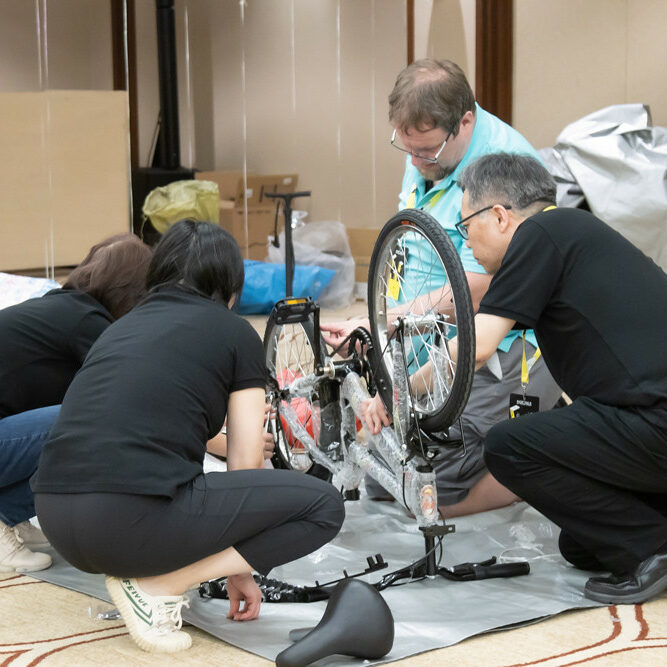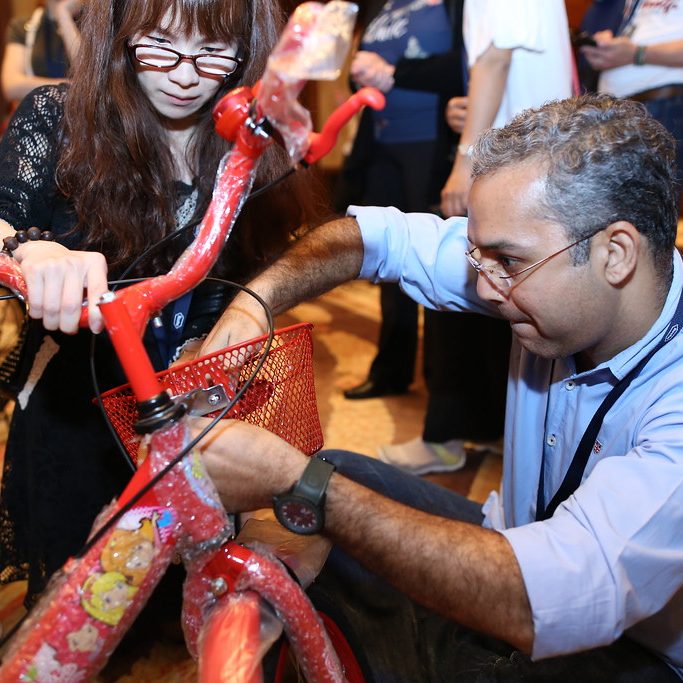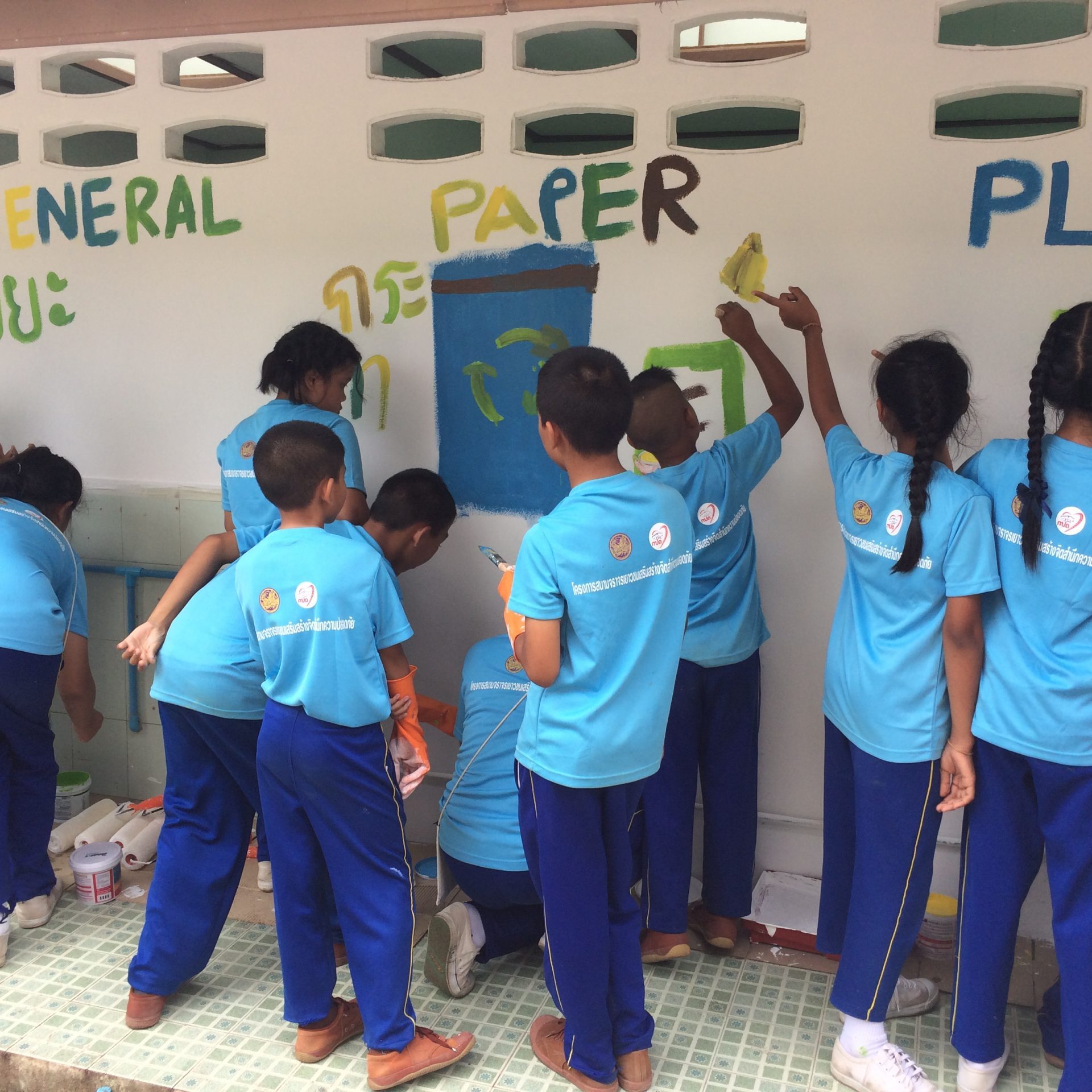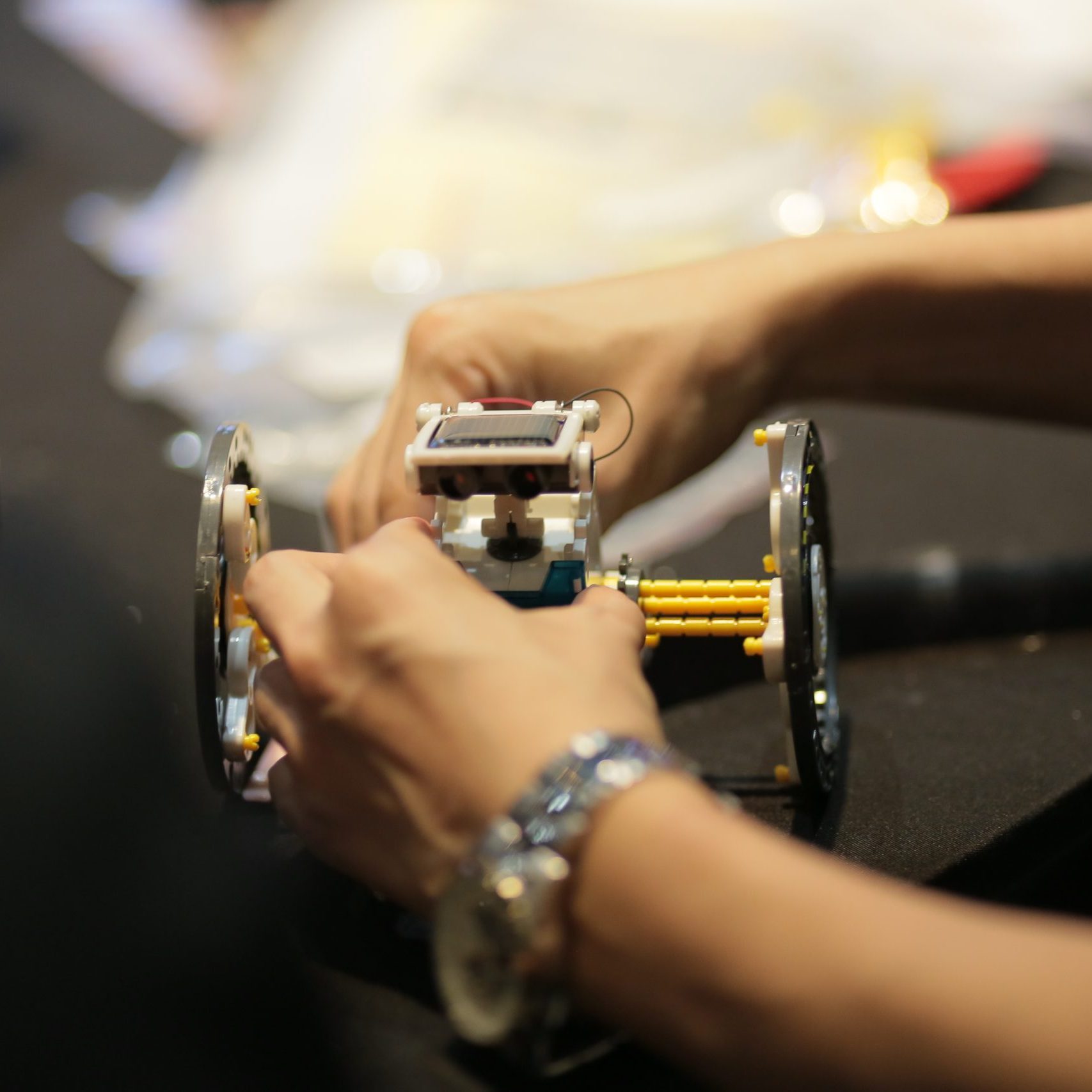Delegates work together with Marine biologists and use a wide range of tools and procedures to efficiently restore altered coral reefs and proactively revitalize disturbed marine environments.
Our goal is to ensure that fish and other marine animals, such as crabs, octopus, and eels, looking for a place to live and reproduce have the best environment available. Some reefs are erroneously constructed from car tires and some are built using broken-down cars, old boats and scrap metal. The reef projects that we work with are made with cinder blocks.
- To plan and organize a community event
- To consider ways to achieve corporate social responsibility
- To improve cooperation as a team
- To work on creativity, critical thinking and innovation
- To consider ways in CSR can be translated into a work environment
- To learn new skills with uses outside the workplace
- To explore a new culture
The coral reef restoration activity consists of different steps.
The 1st step is to find a proper location which will be done by Making Teams as part of the preparation of this program, the location depends on current coral reef needs around the island and weather and sea conditions during the time of year.
Step 2 is where the delegates come in and design, build and test the reef outside of the water.
During step 3 the materials are moved either by long tail boat or speedboat and placed in the sea.
Step 4 includes building the reef from a base of blocks and several levels on top and in the centre core. This is done with snorkelling/diving equipment, only delegates with a diving license will be able to take part in this step, sometimes the reef location isn’t deep and snorkelling suffice allowing more delegates to participate.
The 5th and final step is to monitor, maintain and protect the manmade reef, for this part Making Teams includes one monitor check in the program, approx. one year after the event date, more maintenance and protection can be selected as an add-on by the client.
- Offer an abundant habitat which houses thousands of fish and corals
- Create favorable conditions for rapid coral colonization
- Mimic a natural coral reef immediately attracting fish and reducing sediments
- Create habitats and protection for numerous species
- Slows water flow over the site
- Stabilizing sediment
- Creating conditions conductive to rapid coral reef establishment.
The reef projects that we work with are made with cinder blocks because they are much easier to handle than cars and other heavy industrial items and the calcium content of concrete bolsters the growth of various plant and invertebrate life forms. Also, logistically it makes more sense because cinder blocks are readily available and easy to move. The fish habitats are formed into an “igloo” and “caterpillar” shapes which offer the best environment to live, breed and find protection.
Projects take place where there’s a need for restoration where we work together with local organisations such as the Department of Marine and Coastal Resources or a Marine Biological Center.
Scoring and a winning team is not applicable as this is not a competitive activity, however this may be implemented upon the client’s wishes.
Insurance and instructor supervision are important safety factors with any event, and in the event of an emergency, transport and medical backup will be standing by.
The event briefing takes place at the activity location or the client’s hotel meeting room or lobby. In the briefing the group is separated into teams and introduced to the facilitators, then the lead facilitator gives an introduction of the event including instructions and objectives for the activity.
In the de-brief the lead facilitator goes through the event challenges and asks each team questions to assess their own performance before announcing and awarding the winning team if applicable.
There’s also time for providing further donations to the beneficiary and a group photo with the people of the beneficiary.
Briefing and de-brief usually take around 15 minutes each but can be extended upon request for more in-depth analysis of team performance.
The half day program takes up to 4 hours and the full day program up to 8 hours.
09.00 am – Transfer to activity location
09.30 am – Event brief by lead facilitator, introduction to the project specialists
09.45 am – Start activity with teams designing and building the artificial reef
10.30 am – Break
10.45 am – Teams test their reef outside the water
11.15 am – Marine Biologists place reef in the sea
12.15 pm – Event de-brief and group photo
12.30 pm – Return transfer
01.00 pm – End of the program
Max People
Hours
Challenges
People per Team
Below are three options for CSR Coral Reef Restoration with different inclusions and rates all tailored to best match your budget and requirements. The Bronze option is a fixed program with few inclusions but the Silver and Gold packages include extra benefits and allow selection of some or all challenges. On the pricing page we offer further optional extras. The full day activity will have up to double the number of challenges.
All options include
One Western lead event facilitator
Ice-breaking activities
One bottle of water per person, first aid kits, rain coats
BRONZE
Basic equipment and materials for artificial reef construction
Professional to assist in reef construction
Placing of reef in ocean bed
Return transfer by minivan
One facilitator per 40 pax
SILVER
Premium equipment and materials for artificial reef construction
One facilitator per 20 pax
Bronze inclusions+
+Free photos taken by facilitator
+Pre-event meeting
GOLD
Premium equipment and materials for artificial reef construction
One facilitator per 20 pax
Silver inclusions+
+Reef upkeep for one year
+Additional donation to marine biology center
+Colored headbands to use




